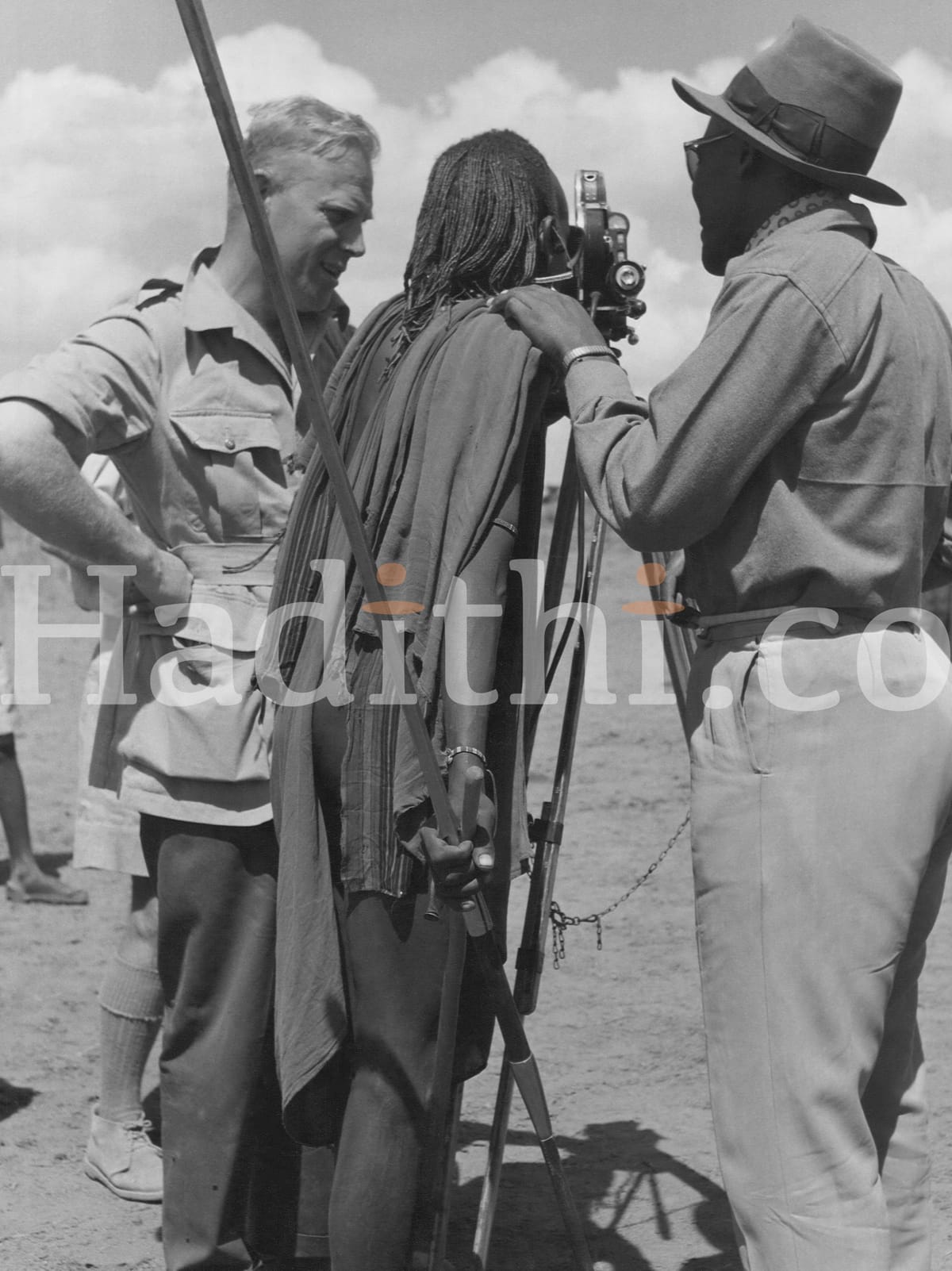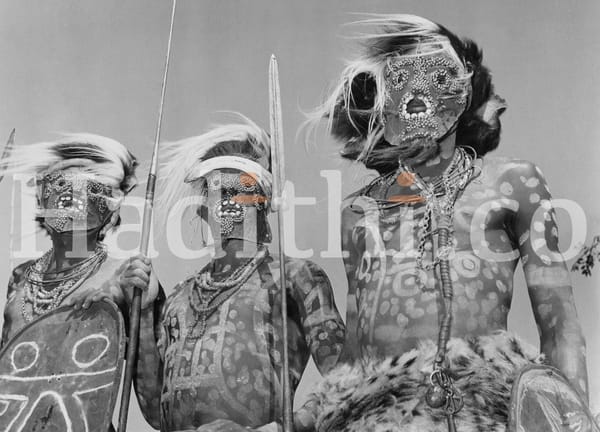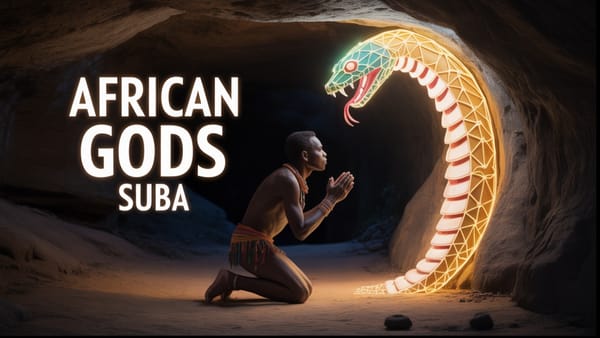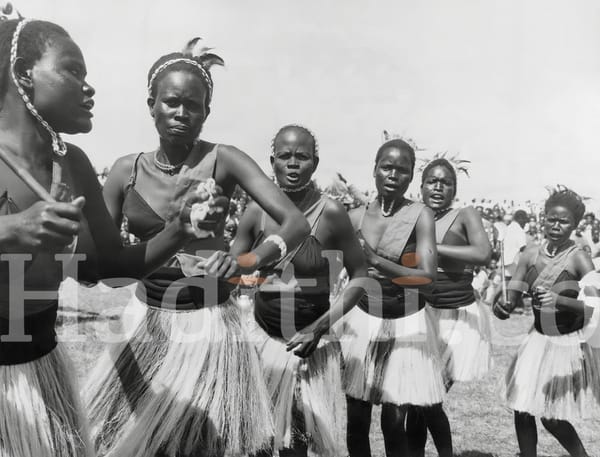The Maasai Moran: Guardians of Culture and Tradition

The Maasai Moran, a term referring to the young warriors of the Maasai people in Kenya and Tanzania, embodies a rich tapestry of tradition, bravery, and cultural significance. This article delves into the fascinating world of the Maasai Morans, exploring their roles, traditions, and the challenges they face in a rapidly changing society.
Cultural Significance
Rite of Passage
Becoming a Moran is a crucial rite of passage in Maasai culture. This transition typically occurs during adolescence and involves several significant rituals:
- Circumcision: This is often the first step in the transition from boyhood to manhood, symbolizing maturity and marking the beginning of a young man's responsibilities.
- Seclusion: Following circumcision, new Morans undergo a period of seclusion, where they are taught the customs, history, and values of the Maasai people. This time is crucial for instilling a sense of identity and a sense of belonging.
Role in Society
Morans play a vital role in the Maasai community. Traditionally, they are seen as the protectors of their people, responsible for safeguarding livestock and territories from predators and rival tribes. Their courage and strength in defending their communities are deeply respected.
Warrior Ethos
Bravery and Skills
The warrior ethos is central to the identity of the Maasai Moran. They are trained in various skills, including:
- Cattle Herding: Cattle are central to Maasai culture, serving as a source of wealth and sustenance. Morans are trained to care for and protect these animals.
- Combat Skills: Morans learn to use traditional weapons such as spears and shields, honing their combat skills through practice and traditional games.
Lion Hunting
Historically, lion hunting was a significant rite of passage for Morans, symbolizing bravery and strength. Successfully hunting a lion demonstrated their warrior status and earned them respect within the community. Although lion hunting has declined due to conservation efforts, the legacy of this practice remains an important aspect of the Moran identity.
Distinctive Attire and Adornments
The attire of the Maasai Morans is both striking and meaningful:
- Shúkà: The brightly colored shúkà (cloaks) are worn proudly, often in red, blue, or checkered patterns. The color red holds particular significance, symbolizing bravery and strength.
- Beadwork: Elaborate bead necklaces, bracelets, and earrings adorn the Morans, each piece reflecting individual achievements, social status, and cultural heritage.
- Weapons: Morans carry traditional weapons, such as spears and shields, symbolizing their readiness to protect their community.
Community Leadership
Beyond their roles as warriors, Morans also serve as community leaders. They participate in decision-making processes, often acting as mediators during conflicts. Their involvement in community development initiatives, such as education and healthcare, showcases their commitment to the well-being of their people.
Modern Adaptations
Education and Career Opportunities
As the Maasai culture faces pressures from modernization and globalization, many Morans are adapting to contemporary life:
- Education: Increasingly, Morans are pursuing formal education, seeking careers in various fields while maintaining their cultural identity.
- Cultural Preservation: Many young Morans are actively involved in efforts to preserve and promote Maasai culture, recognizing the importance of their heritage in a rapidly changing world.
Balancing Tradition and Modernity
The challenge for modern Morans lies in balancing their traditional roles with the demands of contemporary society. As they navigate this duality, many strive to maintain their cultural values while embracing new opportunities.
Conclusion
The Maasai Moran represents a unique blend of tradition, bravery, and adaptability. As guardians of their culture, they play a vital role in preserving the rich heritage of the Maasai people while facing modern challenges. Their journey reflects the resilience of a community committed to honoring its past while looking toward the future. The story of the Maasai Morans is not just one of warriors, but of cultural custodians navigating the complexities of a changing world.



